Frank Boyd was born in Atchison, Kansas, in 1881, to a family in which the father was a former slave from Kentucky and his mother died when he was four years old. His family consisted of many migrant workers who moved with the seasons from Kansas to Nebraska.
Tiring of this tedium for little pay, he moved with his brother to Saint Paul, Minnesota, in 1904. Here, he began work in a barber shop as a porter, before becoming a Pullman Porter for the Northern Pacific Railroad in 1907. Boyd became active almost immediately in the fight against the white supremacist and exploitative practices of the Pullman Company.
In 1911, he joined petitioning efforts to raise the wage of the exclusively black porters from $25 to $60 a month. The company responded by raising the wages to $27.50. Boyd responded to this failure by continuing to organize his fellow workers, and stressing the importance of organizing unions to wage class protests against those that exploited their labor.
In 1919, Boyd, along with fellow porter A.W. Jordon, established the Brotherhood of Sleeping Car Porters Protective Union, a fraternal organization and predecessor to the Brotherhood of Sleeping Car Porters Union. Although this first union was eventually destroyed by the Pullman Company, it steeled the porters’ resolve to organize.
A. Philip Randolph declared the Brotherhood of Sleeping Car Porters Union in Harlem in 1925, and Boyd immediately set about organizing Saint Paul Local #3. His union activism got him fired from his job as a porter, but he continued to organize.
In 1930, Boyd led a massive demonstration against the lynching of a porter in Kansas due to the jealously that many white residents’ held of his employment security. Through his efforts, Local #3 grew to over 700 members by the late 1940s. Boyd died in California in 1962, leaving behind a lifetime of dedication to the service of labor and the people.
Sources:
Frank Boyd: An Uncompromising Labor Leader
Labor, Politics, and African American Identity in Minneapolis, 193050
Frank Boyd Park
Saint Paul Connections: The Labor Movement and the Civil Rights Struggle





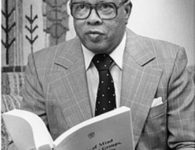
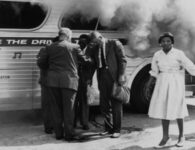

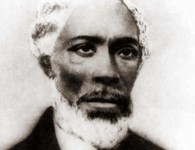

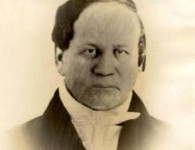

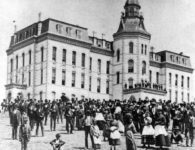
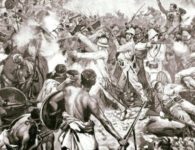
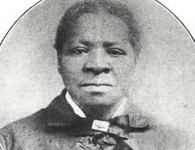
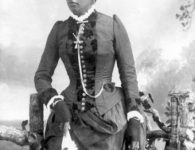

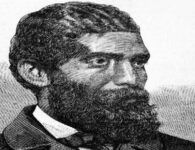
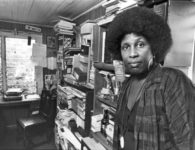


No comments